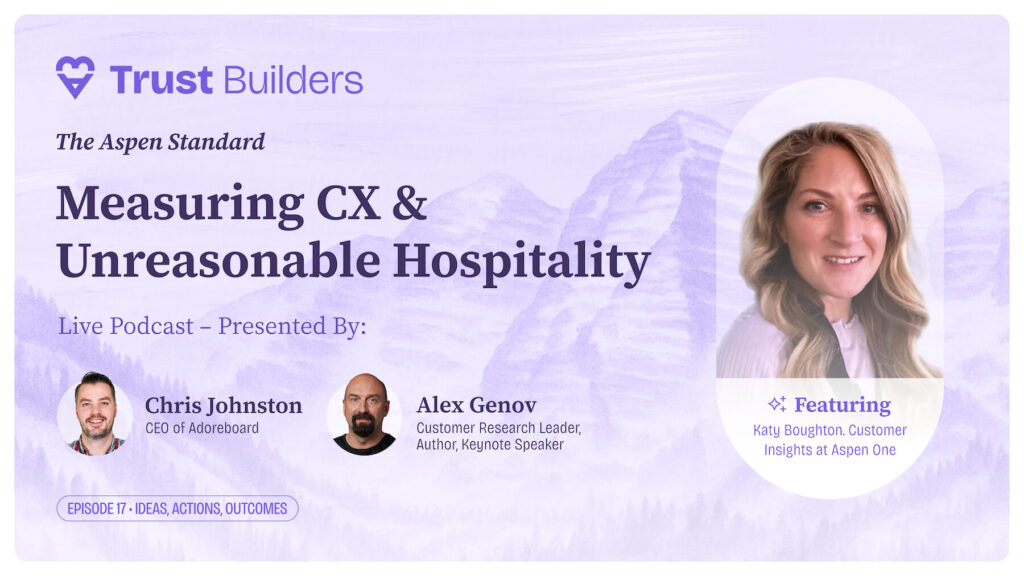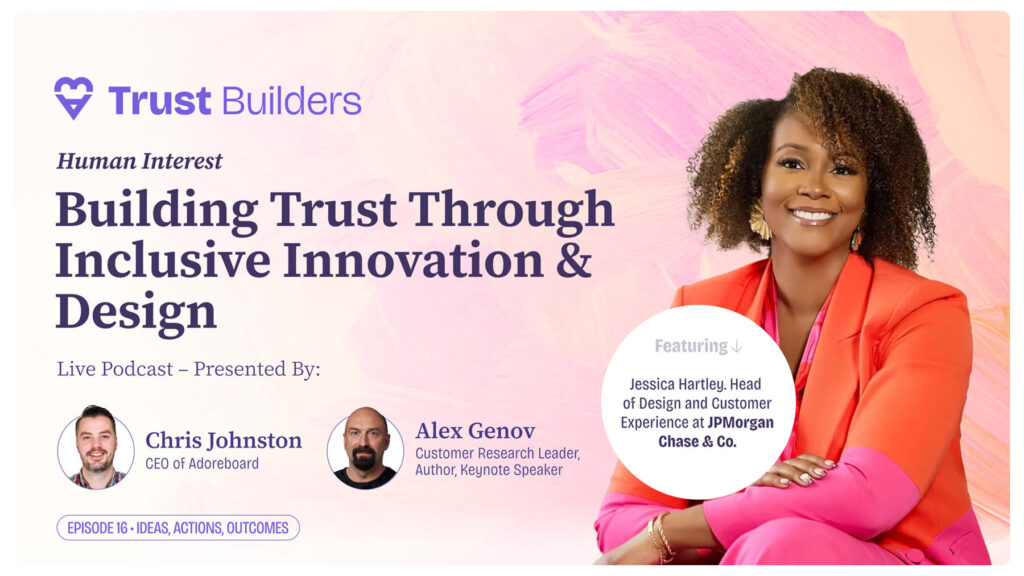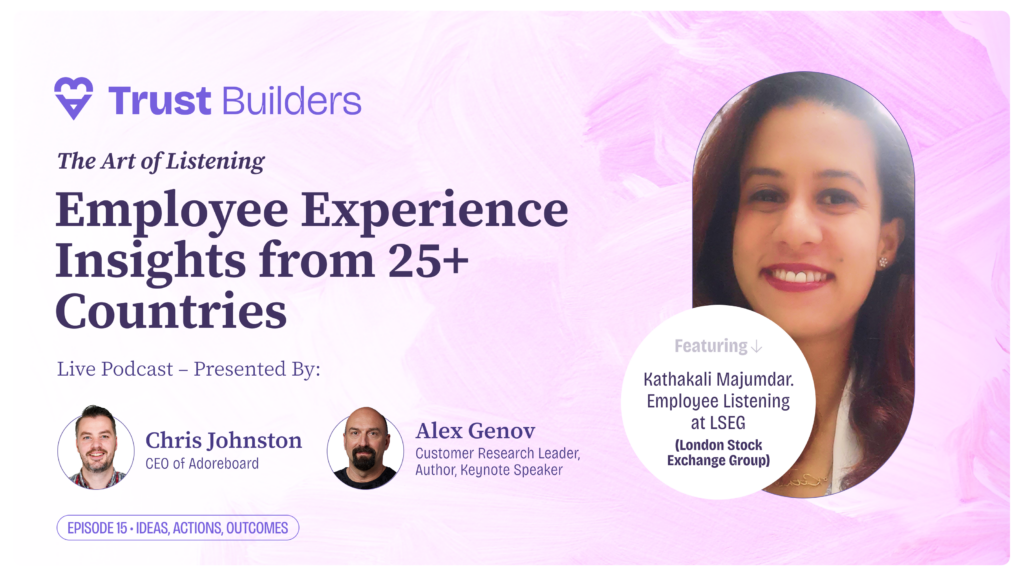Dr. Fergal Monaghan is no stranger to data analytics. In fact prior to joining Adoreboard he headed up a research team within the business intelligence unit of German software giant SAP. He says that his role at Adoreboard is to help marketers and CEOs re-imagine how social data can be used to transform business decisions on a daily basis. In a series of blog posts we find out how…
In two lines what is Adoreboard?
We help brands understand how the world feels about them online. I use this second line to store superfluous words.
Give me a quick overview of your background?
I’m from Galway on the west coast of Ireland where I completed my Ph.D. and post-doc at NUI Galway’s DERI institute, the world’s largest semantic web research institute which recently co-founded the Ireland-wide INSIGHT big data research centre. As part of my research I was lucky enough to collaborate on attachment as a visiting researcher with other internationally leading research teams at Stanford University, University of Innsbruck and Seoul National University.
During this time, I gained a specialisation around the combination of Machine Learning and Semantic technologies. I also realised that I prefer to build innovative new technology rather than write papers about it. So in 2010, I moved into applied research with SAP where I led a research team building new analytics technology for SAP’s Business Intelligence products. Here I learned about scalability, best practices like agile, and productisation: how to build scalable products rapidly rather than prototypes.
What is your vision for Adoreboard?
We are implementing a vision we call Concept Marketing. A concept here could most obviously be a brand, it’s subsidiaries and competitors, and their products and services. We identify what emotions are being expressed about concepts online, and present it in ways that allow marketers to take action. Marketing around concepts allows a brand to identify and connect their messaging to what is being talked about by both the general public on social media and domain experts e.g. in news or blog articles.
While we have a laser-like focus on delivering value for brands, Concept Marketing allows for a broader vision for common sense concepts too. Politicians can use it to connect to the voting population on important or emotive issues like fracking. Public health workers we have talked to are keen to use it to track uptake around public health campaigns on issues such as smoking. We envision Adoreboard as the household, go-to name for tracking emotion. For example, people can track and compare the mood expressed about events such as the UK budget and even global events like the 2014 FIFA World Cup. We have a bold vision to deliver genuinely useful analytics for everybody.
What trends do you see in big data and text analysis?
The most exciting trend is the democratisation of the Web. Vast and valuable public knowledge bases, like Wikipedia, are now available and are increasingly interlinked. Crowdsourcing approaches to building and curating these knowledge bases are a particularly interesting trend. These initiatives enable the kinds of big data and text analysis that we could only dream about a few years ago. For an analytics startup, this means access to training datasets for creating and improving algorithms that were previously infeasible. More importantly, for a poverty-stricken population it means free access to the most powerful educational tool in history. Access to a mobile phone can now mean access to the sum of all human knowledge ever recorded.
Ownership of the Web will increasingly become a battleground in the coming years. Especially when you contrast moves by large corporations to silo and restrict access with Tim Berners-Lee’s (commonly credited as the inventor of the Web) recent call to arms to make access to the Web a basic human right under UN convention. I believe ‘good’ will prevail in that the Web will remain unbowed and free for all. It will be interesting for those of you on the sidelines to watch as lawyers and politicians in particular are going to need to read up on their technology to avoid not just embarrassment but genuine controversy in the face of an increasingly tech-savvy, empowered and globally-unified public.
Agile and lean development are the big start-up buzz words – how does Adoreboard approach this?
We approach agile by prioritising what user stories we will deliver next based on how much business value that will provide to our customers. We approach lean development by explicitly not expending resources on lower value stories. From day one, we have included potential customers in the product design lifecycle. We have reached out to our substantial network of contacts in the marketing world and have done the legwork to make it easy for them to help us understand their needs. The result is one of our prize assets: what is known as a user story tree which we have elicited from our customers and cultivate during regular “story time” sessions that identify and add value to overlapping themes and commonly encountered pain points.
As engineers at Adoreboard, we do not play with the latest tech just for the sake of it: everything we do is connected back to the user’s story. Even necessary infrastructural changes “under the hood” are tied back to how that improves life for the customer in measurable quantities like time and money. Agile and lean methodology are not buzzwords to us, they are what we live and die by.
Tell us two things we might not know about you?
I enjoy rugby and played with Belfast Harlequins 4th XV until 2013 when I signed off with a McCambley Cup winning performance at Ravenhill stadium. I played at 13, the same position as Ireland’s legendary Brian O’Driscoll! I also have a hobby in game development.




